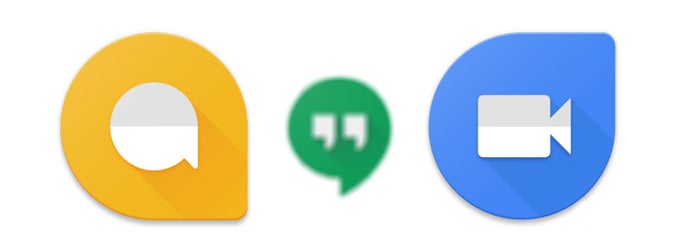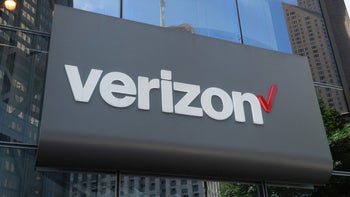At this year's I/O developer conference, Google announced two new chat apps – called
Allo and Duo – made for text messaging and video chats respectively. After the unveiling, many thought the new apps would spell the end for the ailing Hangouts messenger, but Google claimed otherwise, reassuring current users that the service will continue to co-exist alongside the new offerings. With Duo's recent release and Allo's just around the corner, Google is now ready to talk about the future of Hangouts in more concrete terms and it seems like the company is going to make good on its promise. In a sense.
Much like the divisive Google+ social network, Hangouts will shift to the periphery of Google's service ecosystem, catering to a much smaller, but nonetheless dedicated user base. Meanwhile, Allo and Duo will be brought to the forefront as the company's main chat apps.
“Because Hangouts is built on a Google account, because it's deeply integrated with Google apps, the Apps suite, Gmail, Calendar and so on, it's seen much more success in the enterprise," said Google's VP of communication Products Nick Fox in an interview for Engadget.
"It will increasingly focus on that kind of group collaboration enterprise productivity space.”
Fox also stated that Google sees no point in merging video and text messaging into one app, as
“the reality is that [video and text] are pretty different types of communication”, and has instead opted to building
“focused experiences that do what they're intended to do really, really well.”Hangouts tried to do a lot, but failed in many ways to achieve its ambitious goals. It was also a bit too late to the scene, already divided between the likes of WhatsApp, Viber and Facebook Messenger. The competition is still alive and going, and it will be interesting to see how Google's new chat apps will fare against it.
via:
Engadget












Things that are NOT allowed:
To help keep our community safe and free from spam, we apply temporary limits to newly created accounts: